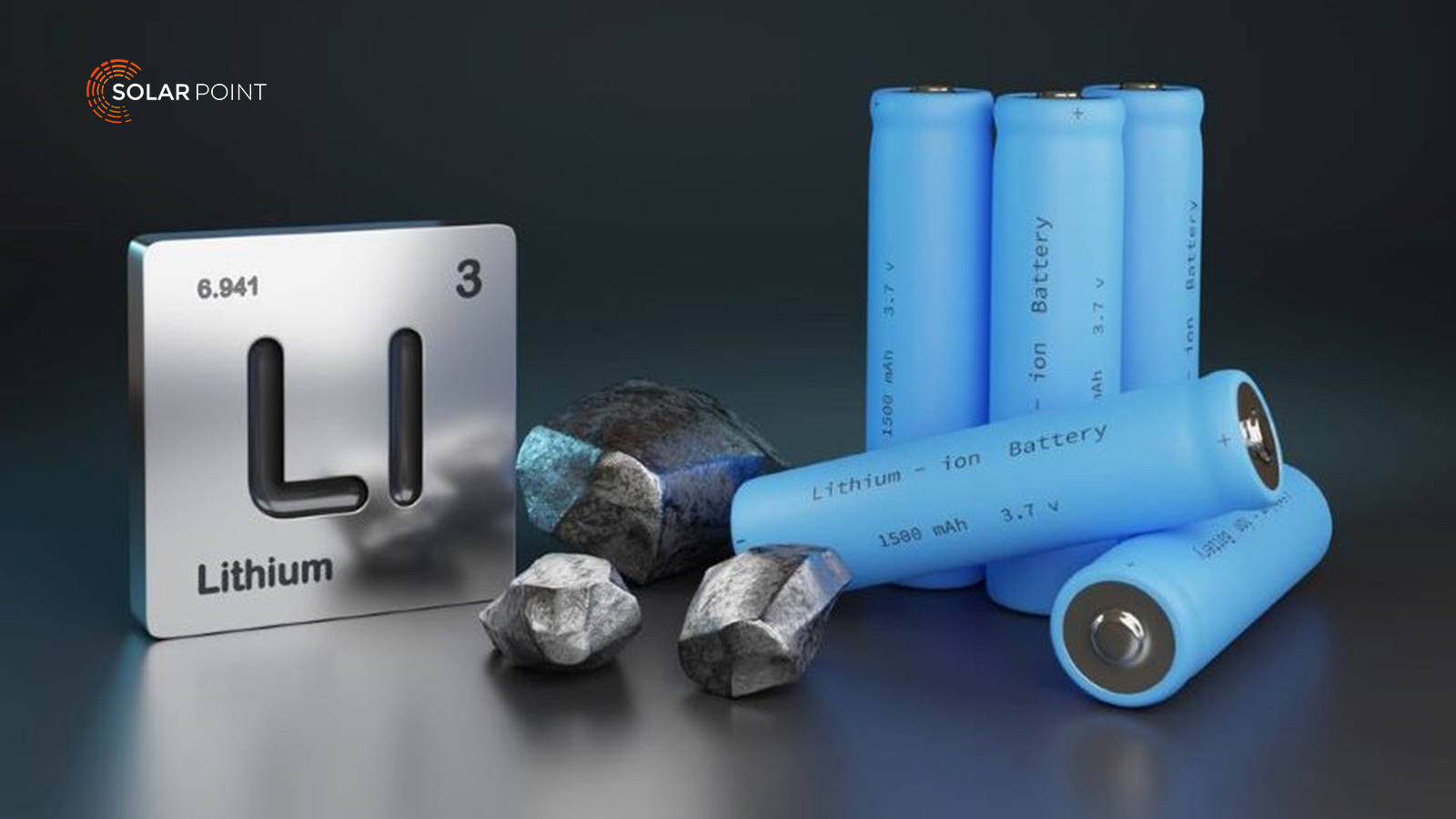Lithium Ion VS LifePo4 Battery

Difference between lithium-ion batteries and lithium iron phosphate batteries
Lithium-ion batteries and lithium iron phosphate batteries are among the most common types of batteries in modern applications, as they are used in a wide range of electronic devices and electric vehicles. Although both types belong to the lithium battery family, there are fundamental differences between them that affect their performance and applications. In this article, we will review these differences with a focus on chemical properties, performance, advantages and disadvantages.
- Chemical composition
Lithium-ion batteries contain multiple compounds such as lithium cobalt and nickel cobalt aluminum, while lithium iron phosphate batteries rely on iron phosphate as the active material for the cathode. This difference in composition is reflected in the electrical and thermal properties of each type.
- Performance
Lithium-ion batteries have a higher energy density, which means they can store larger amounts of energy in a smaller space. This makes them ideal for use in portable devices and electric vehicles. Lithium iron phosphate batteries have a longer life cycle and greater load capacity, making them suitable for use in applications that require deep discharge.
- Safety
Lithium iron phosphate batteries are considered safer than lithium ion batteries, as they are less prone to fire and explosion. The more stable chemical structure makes them a preferred choice in applications that require high levels of safety, such as energy storage systems.
- Environment
In the context of the environment, lithium iron phosphate batteries are considered more environmentally friendly, as they contain non-toxic components, while lithium ion batteries contain components that may be harmful if disposed of improperly.
- Cost
While lithium ion batteries are less expensive than lithium iron phosphate batteries in some applications, the cost of producing the latter batteries is decreasing as technology advances, making them a competitive option.
In conclusion, it can be said that both lithium ion batteries and lithium iron phosphate batteries have unique advantages and disadvantages that make them suitable for a variety of applications. The choice between them depends on the specific needs of each application, whether in terms of performance, safety, environmental footprint, or cost. As technology continues to evolve, both types of batteries are sure to play a pivotal role in the future of renewable energy and electric mobility.
 English
English
 العربية
العربية
